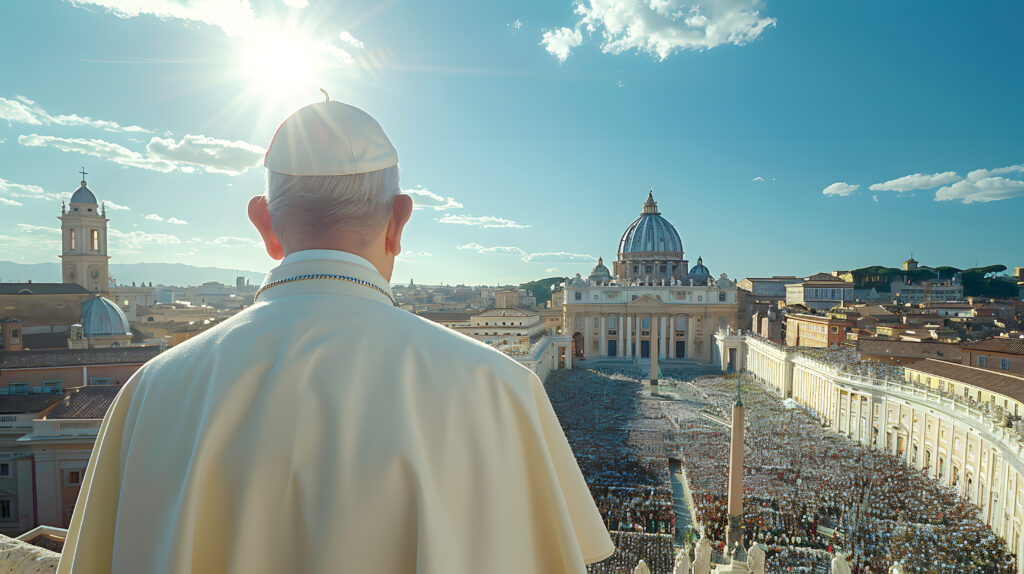Pope Leo XIV will assume all sorts of duties as he moves into his new role as His Holiness. He’ll lead weekly masses and celebrations. He’ll preside over religious observances like Christmas and Easter. He’ll travel the world to promote peace, dialogue, and humanitarian causes. He’ll meet with bishops, cardinals, and Vatican officials in his role as sovereign of the Vatican City. And, for the first time ever, he’ll file a Form 1040 with the IRS. Or will he?
“DA POPE” was born Robert Francis Prevost in Chicago. We know he’s a White Sox fan, and we’re all holding our breath for a papal proclamation on hot dogs – ketchup, or not? And as long as he remains a US citizen, he’s subject to US tax on his worldwide income. (He becomes a citizen of the Vatican City upon assuming his title. But that doesn’t mean he automatically gives up his citizenship, or his obligation to file taxes, here.)
The pope doesn’t receive an actual salary. However, the Vatican does cover his living expenses. These include housing in a 10-room penthouse atop the Apostolic Palace that would rent for an estimated €150,000-300,000/month. They also include travel (in a popemobile, no less!), meals, security, and a collection of distinctive headgear. It’s all quite informal. Pope Francis once said, “They don’t pay me anything. When I need money for shoes or something, I just ask for it.”
Much of that largesse is tax-free under US law. For example, employees don’t have to report the cost of on-premises housing in cases where the lodging is for the convenience of the employer, and the employee is required to accept it as a condition of employment. And day-to-day expenses like dinner and travel are conditions of Leo’s employment, too.
We also have to consider Leo’s financial relationship to his order. Augustinians like Leo take the most extreme vow of poverty, called the Solemn Vow. Anything they earn gets paid over to the order, to be pooled and managed for the benefit of all members. They don’t maintain personal bank or investment accounts without explicit permission from leadership. (However, the IRS is perfectly happy to go after bogus vows. In 2016, the Tax Court held that a pastor owed $149,000 in taxes, penalties, and interest on income he took from the church.)
As long as he earns less than the standard deduction (currently $17,000 for a single taxpayer over age 65), he doesn’t need to file a return. If he did file, he could theoretically take advantage of the Foreign Earned Income Exclusion, which lets him exclude up to $130,000 in earnings so long as they’re taxed by the foreign jurisdiction where they’re earned. Unfortunately for that play, the Vatican has no income tax.
So, is the whole question moot? A recent story hints at one possible complication. Valerio Massella, a 26-year-old physical trainer, told CNN that he was shocked to discover his client “Robert” from the gym had been elected Pope. Massella reports that the new pontiff is exceptionally healthy for a man his age, “typical of someone who has never stopped playing sports, with an excellent ratio of muscle mass, bone mass, and fat mass.” Presumably, though, the trainer isn’t working for free – and his fees have to come from somewhere, whether the income was taxable to Leo or not.
The white smoke pouring out the Vatican chimney was a blessing for 1.4 billion Catholics worldwide. We hope 2025 is full of blessings for you, too.






